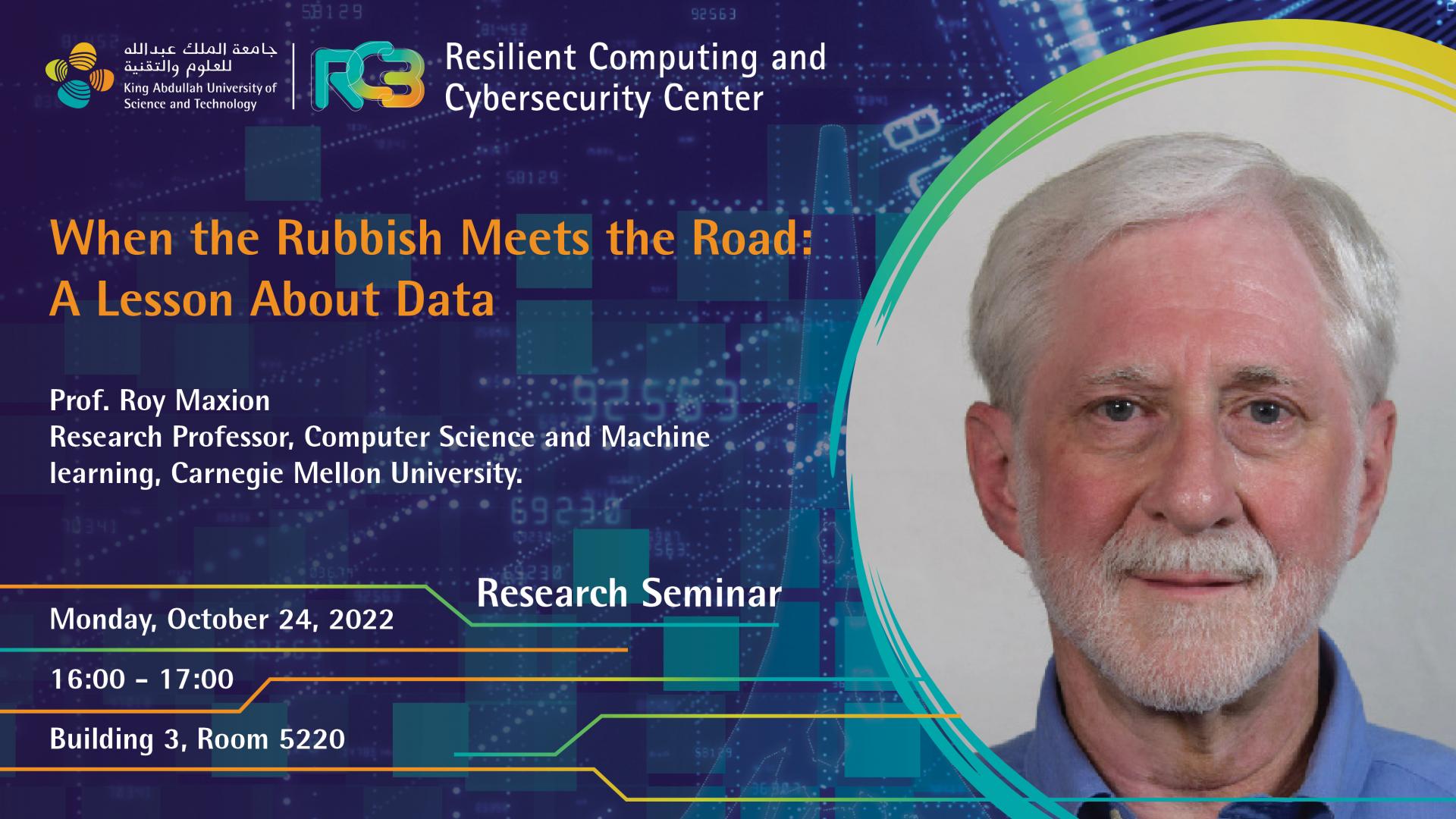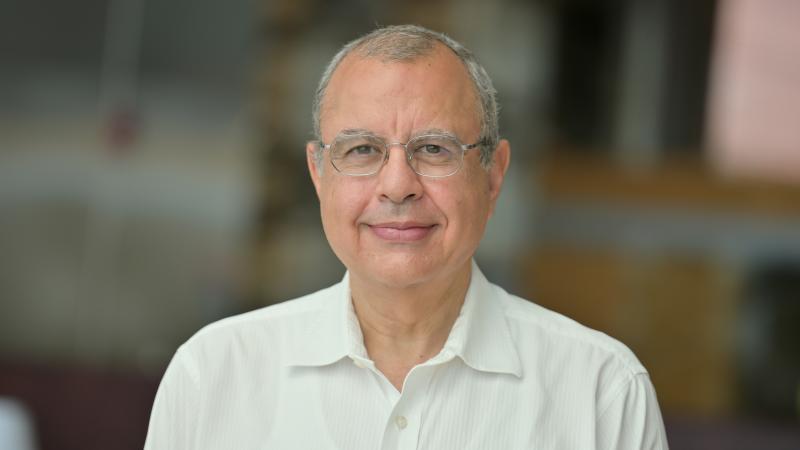Abstract
AI/ML systems "learn" to make decisions based on the data with which
they are trained. Such systems are often used to make critical
decisions in which mistakes can have serious consequences -- e.g.,
systems for approving credit, job and college applications, digital
forensic procedures, and computer-user authentication. In these kinds of
applications AI/ML decision algorithms are tasked with distinguishing
between legitimate and fraudulent or wrong behavior.
We show that minor degradations in as little as 1-2 percent of the
training data can change decision outcomes by nearly 20 percentage
points, wrongly reversing distinctions between legitimacy and
fraudulence. In one real-world application – user authentication – data
corruption was induced by USB keyboards injecting artifacts into the
data, effecting an infidelity to the true signal. We illustrate how this
phenomenon was discovered and validated.
Brief Biography
Roy Maxion is a Research Professor in computer science and machine
learning at Carnegie Mellon University, where he is also the director of
the Dependable Systems Laboratory. His research has covered development
and evaluation of highly reliable systems, human-computer interfaces,
and automated detection, diagnosis and remediation of faulty or
unanticipated events (anomalies) in many domains -- international
banking, telecommunications networks, digital libraries, vendor help
systems, semiconductor fabrication, process control, computer security,
keystroke biometrics, camera ID forensics and others. He is broadly
experienced in experimental design and evaluation.
Dr. Maxion is a founding member of the NIST-supported, multi-university
Center for Statistics and Applications in Forensic Evidence, whose
mission is to build a scientifically and statistically sound foundation
for formal and experimental analysis of forensic evidence. He recently
served as a member of the National Academy of Sciences committee on
Future Research Goals and Directions for Foundational Science in
Cybersecurity. He won an IEEE 2019 Test of Time Award (with Kevin
Killourhy) for the 2009 experimental paper, "Comparing Anomaly Detection
Algorithms for Keystroke Dynamics." He is on the editorial boards of
the International Journal of Machine Learning and IEEE Security &
Privacy. Dr. Maxion is an IEEE Fellow.

